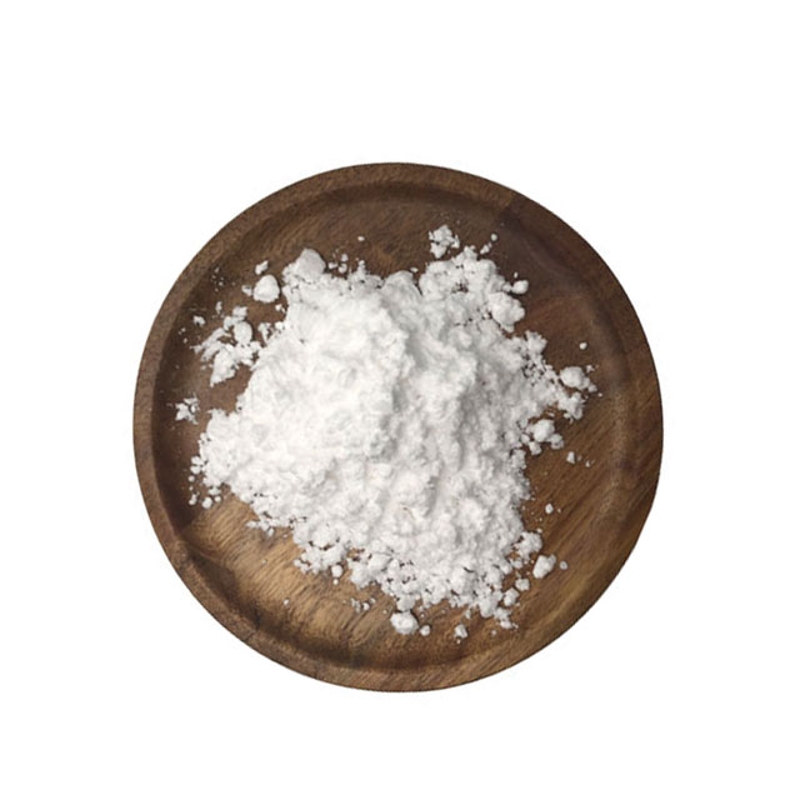JAMA: Insights from two pairs of severely ill brothers, this gene is important for fighting the new coronavirus.
-
Last Update: 2020-07-29
-
Source: Internet
-
Author: User
Search more information of high quality chemicals, good prices and reliable suppliers, visit
www.echemi.com
!---- The Journal of the American Medical Association (JAMA) recently published a study by a Dutch team that analyzed two pairs of young brothers with severe illness, suggesting that the TLR7 gene plays an important role in the body's immune response to the new coronavirusThis provides important insights for further understanding and treatment of the new coronavirus disease (COVID-19)The findings stem from the concerns of local clinicians in Nijmegen, the Netherlands, about two young patients with serious illnessThe two brothers, who had previously been in good health, were infected with the new crown virus and both entered the ICU for mechanical ventilation, eventually recovering and one diedThis is not common, and we know that most of the people infected with severe illness are older patients with combined underlying diseasesThe team was quick to speculate on whether genetic factors were affectedStudy author Dr Alexander Hoischen, a geneticist at Radboud University, said: "Being sick after infection is an interaction between the virus and the human immune systemIt may be a coincidence that both brothers from the same family are seriously ill, but it may also be that a defect in the immune system is affectedThe team sequenced the genes of the exosome group of the brothersThey focused on the X chromosomeOn the one hand, the team learned that some of the immune system-related genes are on the X chromosome; Therefore, for brother cases, the X chromosome is a rather suspicious targetThrough the analysis, the researchers quickly identified mutations in the TLR7 gene,which encodes Toll-like receptor 7The TLR receptor family encoded by the TLR gene plays an important role in identifying pathogens such as bacteria and viruses and activating the immune systemDr Hoischen said: "Because several nucleotides are missing from the TLR7 gene, almost no TLR7 protein is producedThis may be the cause of the brothers' serious illness"Unusually, the team later found another pair of siblings who developed a serious illness due to COVID-19Similarly, the second pair of brothers are also under 35 years old and are subjected to mechanical ventilation in the ICU Genetic tests on them found that the brothers' TRL7 gene also mutated, this time not in the absence, but in the base pair changes, they can not produce enough functional TLR7 protein "Four young people had a genetic defect in the same gene, all of whom were seriously ill with the new coronavirus The influence of genetic factors is more evident Dr Hoischen said The team further studied the TLR7 function They found that once activated, TLR7 triggers the production of interferons, a protein necessary to protect against viral infections "This immune response may be more important in the body's fight against the new coronavirus, as studies have suggested that the new coronavirus can reduce the production of interferons in immune cells," the team said When we simulated coronavirus infection, the immune cells of patients with abnormal function in TLR7 had little response and produced very few interferons "There are indications that TLR7 may be essential for the immune system to recognize and defend against the new coronavirus The team says the findings not only give us a deeper understanding of the basic functioning of the immune system, but may also have a significant impact on the treatment of patients with COVID-19 "Interferon may be a potential treatment, and current trials are also evaluating the effectiveness of interferon therapy COVID-19 "At present, we know very little about the genetic susceptibility of new crown virus infection and severe COVID-19, " said an editorial published by JAMA in the same period The study identified two rare TLR7 mutations that affect the condition after contracting the new coronavirus Although rare mutations in TLR7 are unlikely to explain the cause of COVID-19 in the general population, according to data from large databases, there is no evidence to date that common mutations in TLR7 increase the risk of severe COVID-19 But the study reveals the molecular basis of COVID-19 As other genetic factors are identified, this data can improve the diagnosis and treatment of COVID-19
This article is an English version of an article which is originally in the Chinese language on echemi.com and is provided for information purposes only.
This website makes no representation or warranty of any kind, either expressed or implied, as to the accuracy, completeness ownership or reliability of
the article or any translations thereof. If you have any concerns or complaints relating to the article, please send an email, providing a detailed
description of the concern or complaint, to
service@echemi.com. A staff member will contact you within 5 working days. Once verified, infringing content
will be removed immediately.







